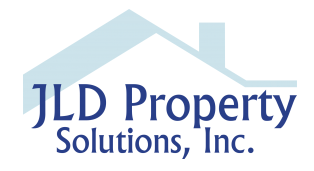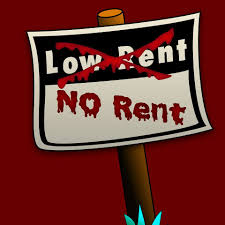Many low and middle-income earners know that a large portion of their paycheck goes to cover the cost of rent. This makes them think that they should always opt for low rent apartments. Their dreams of home-ownership then becomes almost completely out of reach or like a mirage. Without even knowing, this idea has brought detrimental effects on the economy as a whole. Even though low cost renting has many good points, it also comes with several cons. In this article, we will delve into the hidden problem with low rents.
Does Not Justify Putting Money Back Into the Property
Rental properties follow a standard formula for valuation. It is based on the Cap Rate, which is calculated by dividing the property’s net income by the total costs. The property cost includes the repair and maintenance expenses, and as these expenses increase, you are lowering your return unless you increase the low rent.
In this case, you either need to raise your low rent to meet the necessary expenses or deprive your property of maintaining its good working condition and appearance. This is one of the most common dilemmas faced by multi-unit or apartment owners today. To bring the property back up to good condition and to include amenities, such as pools, gyms and dog parks will require substantial capital. This in turn may turn many renters down because of the higher rent.
Limited Professional Management
As a landlord, you can choose to either manage your rental property by yourself or hire a property manager to take care of the property for you. Contrary to popular belief the property manager does more than collect the rent. They provide professional expertise and are knowledgeable about the legislation rights of the tenants, as well as financial information.
By having a professional property manager, the landlord puts a buffer between themselves and tenants. This allows them to be the bad cop – collect rent, listen to tenants’ excuses, and handle evictions if necessary. However, since many renters cannot afford to pay and some are threatening rent strikes, some landlords are placed in financial hardship, making them unable to seek professional management.
Uncapped Tax, Insurance, and Utility Expenses
Landlords cannot control the increase in taxes, insurances and utilities. The only options they are left with are to raise the low rent or settle with the below market rent. By leaving these expenses uncapped, the property owner will take a loss.
Another reason why low rent should be avoided is that it negatively affects the property value. Many people claim that selling a low-income generating property is the only way to save a dying property. However, due to the low rent demand of tenants, landlords are unfairly punished and forced to compromise on the upkeep of the property. This will make it unattractive for potential property buyers.
In Conclusion
While the monthly low rent of an apartment unit may be the top priority of renters, it will have a domino effect on both the landlord and the tenant themselves. This is why it is advisable to opt for affordable housing. This will provide the landlord enough income for repairs and maintenance to keep the space safe and attractive for buyers.

